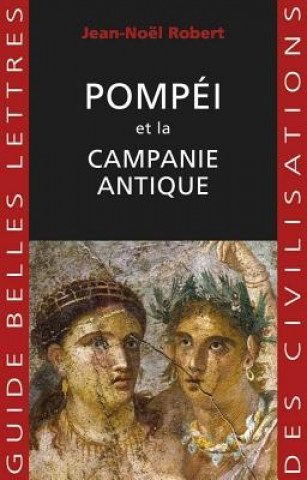
Kód: 11157357
Pompei Et La Campanie Antique
Autor Jean-Noel Robert
Each guide in Les Belles Lettres’ “Civilisations” collection presents a civilisation from the vantage point of its mindset and behavioural history; i.e., each strives to explore the various aspects of the depicted civilisation thr ... celý popis
- Jazyk:
 Francouzština
Francouzština - Vazba: Brožovaná
- Počet stran: 345
Nakladatelství: Les Belles Lettres, 2015
- Více informací o knize

Mohlo by se vám také líbit
-

The Mangle Street Murders
940 Kč
Dárkový poukaz: Radost zaručena
- Darujte poukaz v libovolné hodnotě a my se postaráme o zbytek.
- Poukaz se vztahuje na celou naši nabídku.
- Elektronický poukaz vytisknete z e-mailu a můžete ihned darovat.
- Platnost poukazu je 12 měsíců od data vystavení.
Více informací o knize Pompei Et La Campanie Antique
Nákupem získáte 68 bodů
 Anotace knihy
Anotace knihy
Each guide in Les Belles Lettres’ “Civilisations” collection presents a civilisation from the vantage point of its mindset and behavioural history; i.e., each strives to explore the various aspects of the depicted civilisation through the perspective and judgement criteria – so unlike our own – of the era’s inhabitants.Adopting this viewpoint is essential in order to “fathom” the cities of Pompeii and Campania. The traditional image which comes to mind is that of small towns in which people enjoyed a pleasant and peaceful existence in the tranquil opulence of a heavenly landscape. Yet life there was nothing like that in the final years preceding the eruption of Mount Vesuvius. First of all, in AD 62, Pompeii had endured a violent earthquake which had destroyed most of the city. Its inhabitants were thus living among ruins, rubble and partially reconstructed buildings. Poverty, misery and slavery were rampant. Obviously, people today who visit the cities’ luxurious dwellings, with their multicoloured frescos creating a world of beauty, will say that their owners were scarcely to be pitied. And yet, these houses were dark and cold, and the promiscuity of dozens, if not hundreds, of slaves prohibited any degree of intimacy. Not to mention that the streets were always crowded, noisy, and littered with garbage and sundry excrement. Yes, Pompeii stunk! So it would seem that we need to reconsider all our preconceptions – even those which history has handed down to us. No, the volcano did not erupt on 24 August of AD 79, as all pupils have been taught. In-depth research compels us to acknowledge that it happened two or three months later.This work therefore invites us to experience a rediscovery. It completes the book devoted to Rome in two ways: first, it was in Campania – site of the first Greek colonisation in Italy – that the development of Roman civilisation began. Next, the sole benefit of the volcano’s eruption was that its deadly path preserved elements of the inhabitants’ daily lives better than in any other site. This book offers us a glimpse into the ways in which a small Roman Empire city functioned, while raising all the questions that always come up in a search for the truth. Readers will thus have an opportunity to participate in a full-fledged treasure hunt whose solutions can only be found in history, archaeology and researchers’ discoveries.
 Parametry knihy
Parametry knihy
Zařazení knihy Knihy ve francouzštině HISTOIRE Antiquité
679 Kč
- Plný název: Pompei Et La Campanie Antique
- Autor: Jean-Noel Robert
- Jazyk:
 Francouzština
Francouzština - Vazba: Brožovaná
- Počet stran: 345
- EAN: 9782251410548
- ID: 11157357
- Nakladatelství: Les Belles Lettres
- Hmotnost: 408 g
- Rozměry: 210 × 133 × 19 mm
- Datum vydání: 13. March 2015
Oblíbené z jiného soudku
-

Compagnonnage guerrier et clientèle en Gaule au Ier s. av. J.-C.
803 Kč -
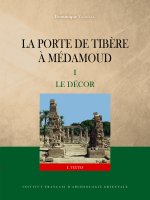
La porte de Tibère à Médamoud
2152 Kč -

Mammisis of Egypt
1371 Kč -
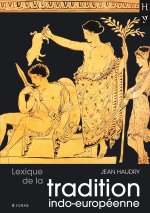
Lexique de la tradition indo-européenne
707 Kč -
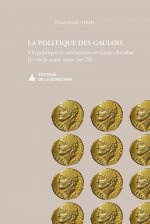
La politique des gaulois
794 Kč -
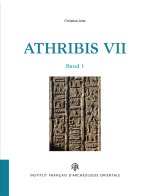
Athribis VII - 2 volumes
4377 Kč -

L'Infini dans un roseau
750 Kč -

Nos ancêtres les Gaulois ((Réédition))
361 Kč -
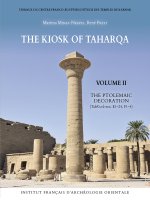
The Kiosk of Taharqa
1313 Kč -
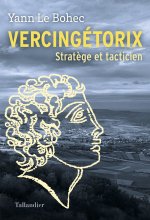
Vercingétorix chef de guerre, stratège et tacticien
704 Kč -
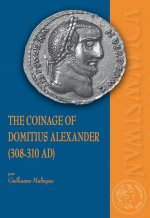
THE COINAGE OF DOMITIUS ALEXANDER (308-310 AD)
1082 Kč -
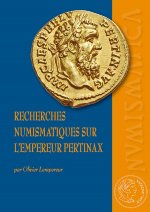
Recherches numismatiques sur l'empereur Pertinax
1516 Kč -
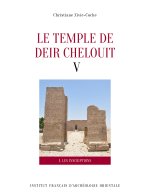
Le temple de Deir Chelouit V
3683 Kč -
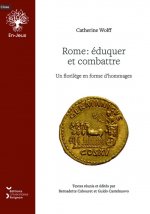
Rome, éduquer et combattre - un florilège en forme d'hommages
742 Kč -
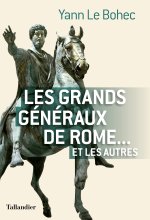
Les grands généraux de Rome... et les autres
704 Kč -
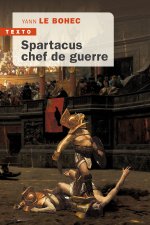
Spartacus chef de guerre
331 Kč -

Supplément Revue Archéologique de Narbonnaise n° 45 Un espace rural antique dans le territoire de la
1227 Kč -
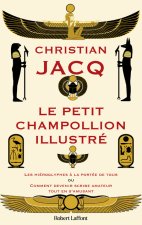
Le Petit Champollion illustré
679 Kč -

Le nazisme et l'Antiquité
591 Kč -
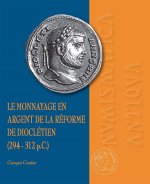
Le monnayage en argent de la réforme de Dioclétien (294-312 p.C.)
1516 Kč -

Les Jardins romains
1321 Kč -
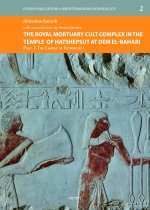
The Royal Mortuary Cult Complex in the Temple of Hatshepsut at Deir el-Bahari. Part I
2690 Kč -

Les paysans gaulois
834 Kč -
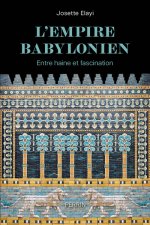
L'Empire néo-babylonien - Entre haine et fascination
790 Kč -
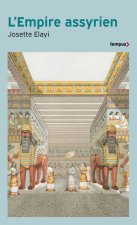
Histoire de l'empire assyrien
311 Kč -

L'Inde Des Gupta (Ive - Vie Siecle)
923 Kč -
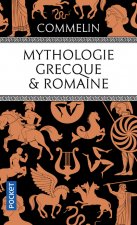
Mythologie grecque & romaine
337 Kč -
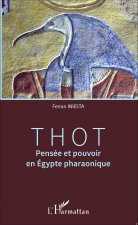
Thot
938 Kč -
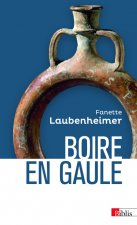
Boire en Gaule
360 Kč -
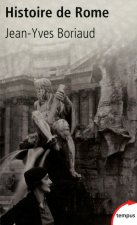
Histoire de Rome
389 Kč -
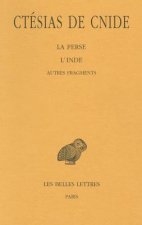
Ctesias de Cnide, La Perse - l'Inde - Autres Fragments
2575 Kč -
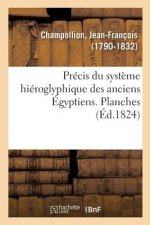
Precis Du Systeme Hieroglyphique Des Anciens Egyptiens Ou Elements Premiers de Cette Ecriture Sacree
499 Kč -
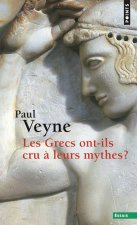
Grecs Ont-Ils Cru Leurs Mythes ? . Essai Sur L'Imagination Constituante(les)
319 Kč -

Germanicus
910 Kč -

Proceedings of the 14th International Conference for Nubian Studies
3539 Kč -
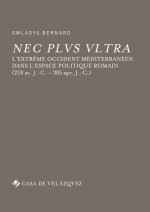
NEC PLUS ULTRA
1170 Kč -
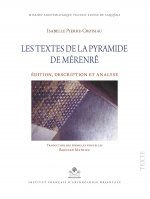
Les Textes de la Pyramide de Merenre: Edition, Transcription Et Analys
3250 Kč -
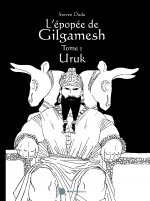
L'épopée de Gilgamesh - Tome 1 : Uruk
591 Kč -
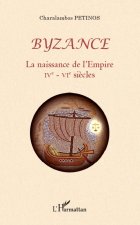
Byzance
664 Kč -
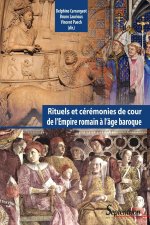
Rituels et cérémonies de cour, de l'Empire romain à l'âge baroque
707 Kč -
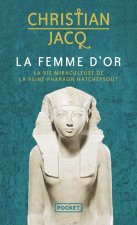
La Femme d'or
320 Kč -
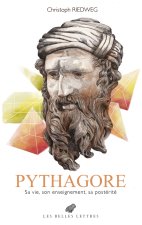
Pythagore
736 Kč -
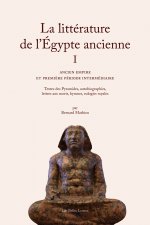
La Littérature de l’Égypte ancienne. Volume I
1082 Kč -
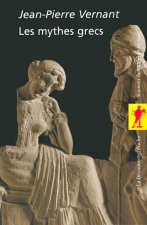
COFFRET 2VOL VERNANT MYTHES GRECS
834 Kč -
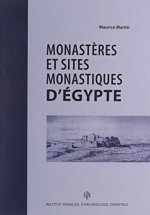
MONASTERES ET SITES MONASTIQUES EN EGYPTE
1053 Kč -
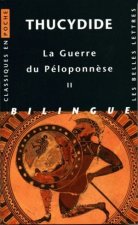
Thucydide, Guerre Du Peloponnese. Tome II: Livres III, IV, V
505 Kč -
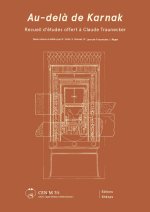
Au-delà de Karnak
2528 Kč -

Vitruvius auctor. L'œuvre littéraire de Vitruve et sa réception dans la littérature
794 Kč -
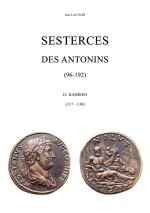
Sesterces des Antonins (96-192) II-Hadrien
1949 Kč
Osobní odběr Praha, Brno a 12903 dalších
Copyright ©2008-24 nejlevnejsi-knihy.cz Všechna práva vyhrazenaSoukromíCookies



 Vrácení do měsíce
Vrácení do měsíce 571 999 099 (8-15.30h)
571 999 099 (8-15.30h)